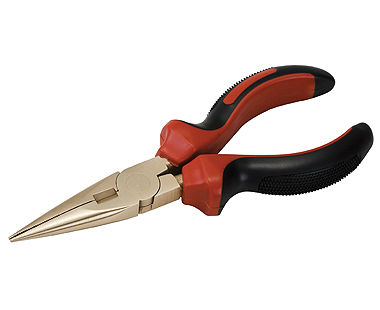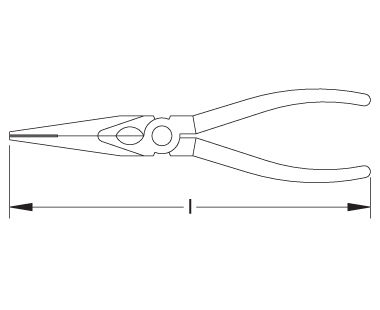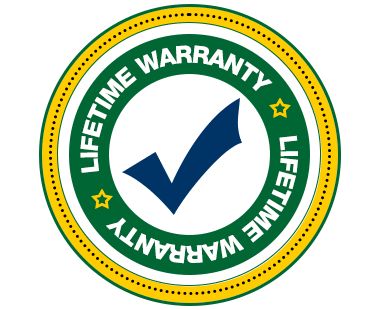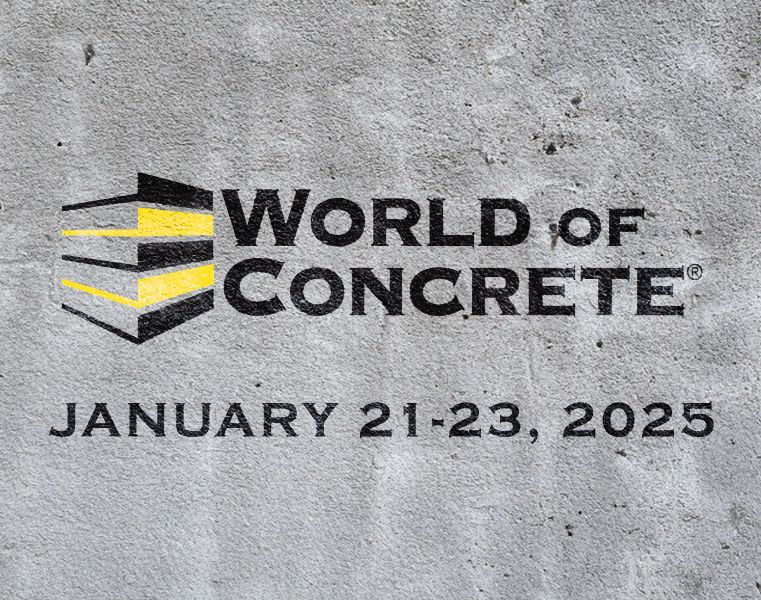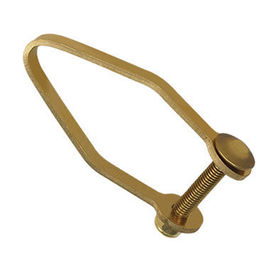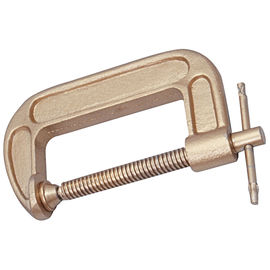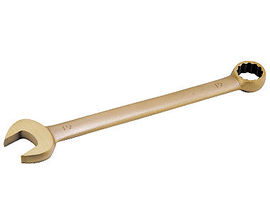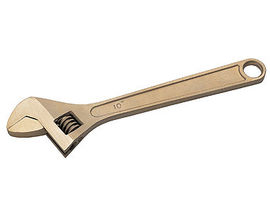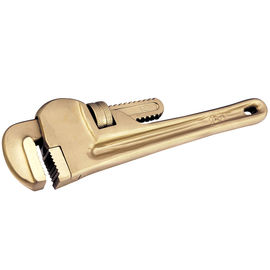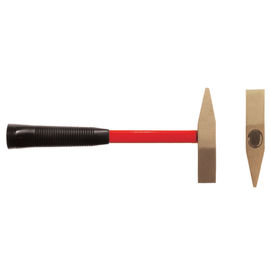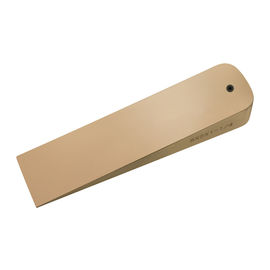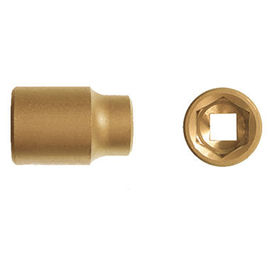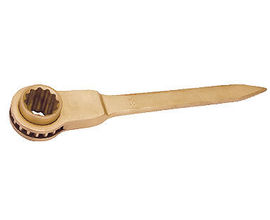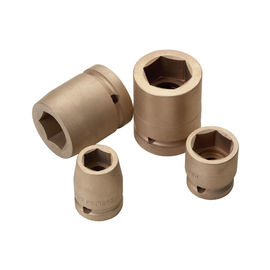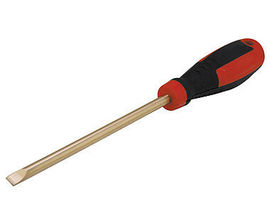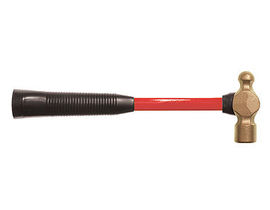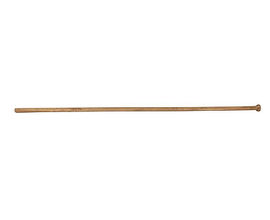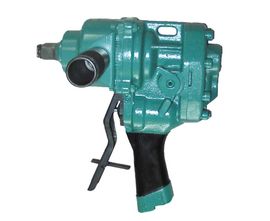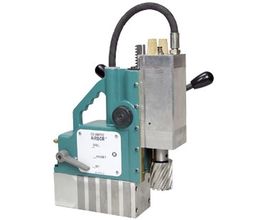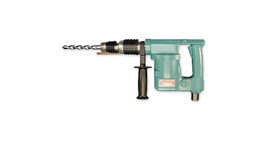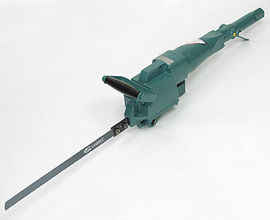Long Nose Pliers | Needle Nose Pliers with Side Cutter
Ex611 Series (DIN ISO 5745)
- Non-Sparking
- Non-Magnetic
- Corrosion Resistant
- ISO 9001:2015 certified production, TUV materials certified
- Lifetime Warranty
Applications:
- Non-sparking long nose pliers for use in petrochemical, grain production (explosive-dust), utilities, and hazmat applications.
- Non-magnetic long nose pliers for use in MRI/NMR, nuclear products, electronic manufacturing, and other sensitive equipment.
- Corrosion Resistant long nose pliers for use in desalination plants, chemical/paper manufacturing, and shipyards.
- Standard Sizes
- ALLOYS & USE
| A = Aluminum Bronze | B = Copper Beryllium | |
|---|---|---|
| Example: | Ex611-6A | Ex611-6B |
| No. | l inch | Wt. lbs. | l mm | Wt. kg |
|---|---|---|---|---|
| Ex611-6 | 6 | 0.35 | 150 | 0.16 |
| Ex611-7 | 7-3/16 | 0.46 | 180 | 0.21 |
| Aluminum-Bronze (AlBr) Alloy | Copper-Beryllium (CuBe2) Alloy | |
|---|---|---|
| Zone Compatibility | Fulfill demand in ATEX Directive 1999/92/EC for work in Zones 0, 1, 2, 20, 21 and 22, M1 & M2 | Fulfill demand in ATEX Directive 1999/92/EC for work in Zones 0, 1, 2, 20, 21 and 22, M1 & M2 |
| Hardness | 27 HRC | 38 HRC |
| Durability | Not as durable as CuBe. | Very durable due to high hardness and tensile strength. |
| Magnetic Properties | Low magnetism due to minimal ferrous components. Appropriate for non-critical non-magnetic applications. | Non-ferrous components; safer for applications demanding non-magnetic properties. |
| Composition | Al: 10.3% Fe: 4.5% Ni: 4.5% Other: 0.5% Cu: Balance | Be: 1.9% Co + Ni: 0.4% Other: 0.5% Cu: Balance |
For More Information on Choosing The Correct Alloy for Your Application - Click Here
| Proper Use | Misuse |
| Most Long Nose pliers are designed for electrical, telephone and electronic work involving the smaller wire gauges. They will reach into awkward places and perform work difficult with any other tool. Their usefulness, however is not limited to wire work. | 1. Pliers should not be used for cutting hardened wire unless specifically manufactured for this service. 2. Never expose pliers to excessive heat. This may draw the temper and ruin the tool. 3. Always cut at right angles. Never rock from side to side or bend the wire back and forth against the cutting blades. 4. Don't bend stiff wire with light pliers. Needle nose pliers can be damaged by using the tips to bend too large a wire. Use a sturdier tool. 5. Never use pliers as a hammer nor hammer on the handles. They may crack or break, or blades may be nicked by such abuse. 6. Never extend the length of handles to secure greater leverage. Use a larger pair of pliers or a bolt cutter. 7. Pliers should not be used on nuts or bolts. A wrench will do the job better and with less risk of damage to the fastener. |

| Downloads: |
|---|
 Urgent Weekend/Holiday Fulfillment Available - Click For Details
Urgent Weekend/Holiday Fulfillment Available - Click For Details 




